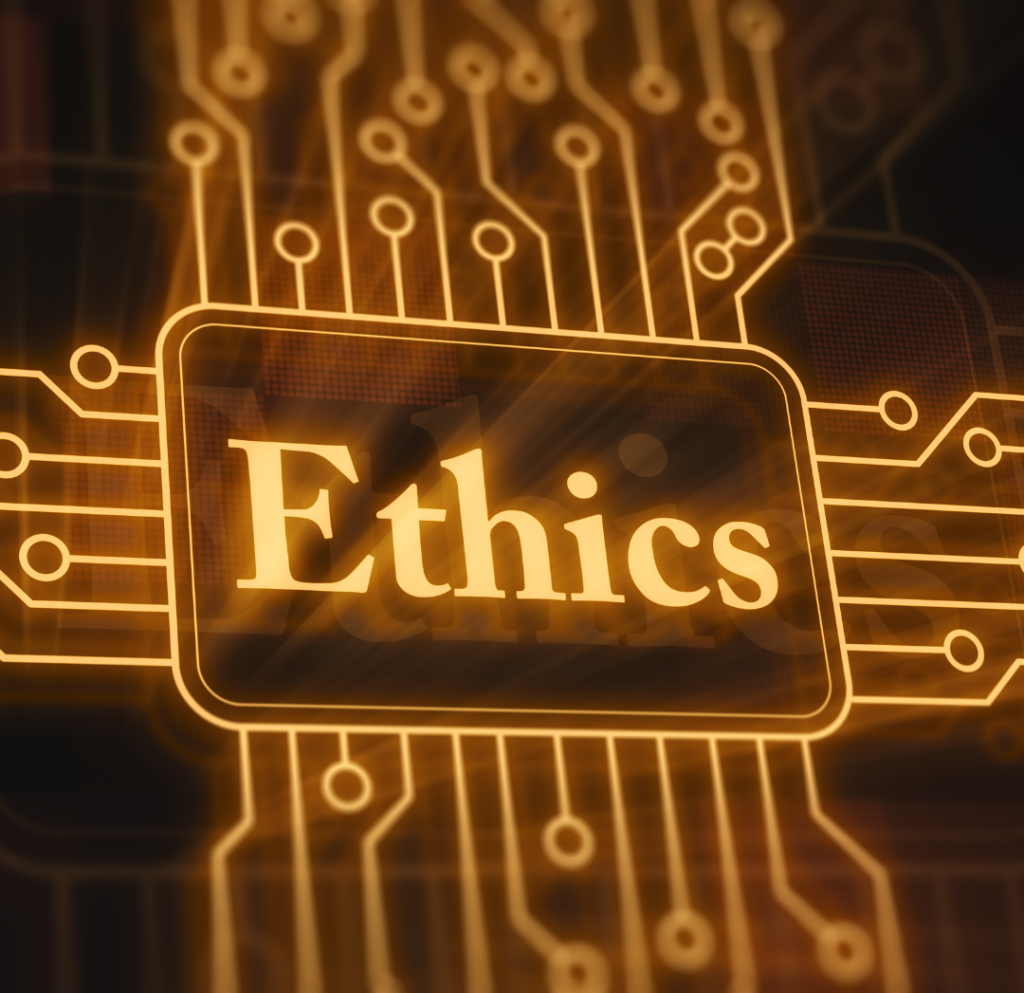As discussed in prior episodes, The Prologue is an exploration of the drivers that have formed a 21st-century megatrend. These driving forces include the increasing global energy demand, growing environmental concerns, the pursuit of economic growth, modern technological advances, the impact of energy on defense, the exploration of new paths toward empowerment, and the growing worldwide framework of associated policies and regulations.
Ethical considerations have become increasingly integrated into the technologies of the 5th Industrial Revolution, including those driving the alternative energy megatrend. The megatrend is provided with added momentum by increasingly powerful moral imperatives as it embodies an inherent “goodness” and “moral superiority.” Those that deny the imminence of climate change and other environmental threats are included in the “evil” camp. Ethical dilemmas are also raised by other technologies. Technology scions are raising concerns about the explosion of artificial intelligence and its use in everyday society, for example.
Alternative energy presents itself as “intrinsically good;” a path to a good life and good society. Advocates of renewables argue that renewables are cheaper, safer, and an altogether more sensible energy choice, providing an ethical response to climate change and sustainability challenges. The trend is thus positioned by society, the mass media, and even by some countries as morally superior to other sources of energy.
However, pull back the curtain and the moral values attached to alternative energy developments have inherent inconsistencies. Because energy is a commodity that is necessary for the support of life, one of the largest ethical issues is the impact alternative energy initiatives have on the poor. Competition for the next best battery is driving an explosion in mining with questionable working conditions in developing countries. And given current market realities, adoption of renewables is highly dependent on financial resources—making them unobtainable for many.
Renewables also have unaddressed vulnerabilities and practical problems. For example, the rapid development of biofuels presents its own ethical conundrum. Increasing the proportion of biofuels in the energy mix has resulted in deforestation and rising food prices as crops envisioned for food consumption have been diverted to biofuel production. Solar and wind farms present ethical issues related to land use.
Despite these ethical inconsistencies, as society increasingly ascribes ethical values to technological progress, politics, and economics, alternative energy technologies offer policy options that fall firmly on the moral high ground, or the “right side of history.”
